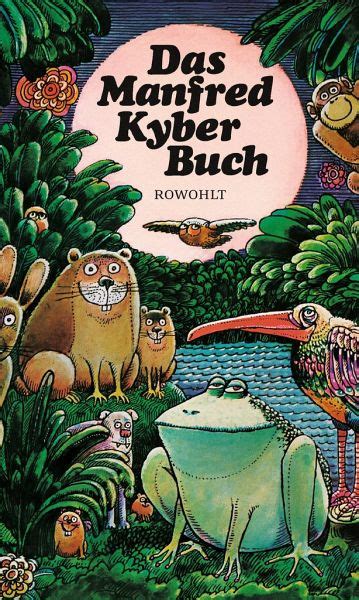A Quote by Richard Branson
We're one of the only animals in the world that don't really think of ourselves as animals, but we are animals, and we must respect our fellow animals.
Related Quotes
When children see animals in a circus, they learn that animals exist for our amusement. Quite apart from the cruelty involved in training and confining these animals, the whole idea that we should enjoy the humiliating spectacle of an elephant or lion made to perform circus tricks shows a lack of respect for the animals as individuals.
Many things that human words have upset are set at rest again by the
silence of animals. Animals move through the world like a caravan of
silence. A whole world, that of nature and that of animals, is filled
with silence. Nature and animals seem like protuberances of silence.
The silence of animals and the silence of nature would not be so great
and noble if it were merely a failure of language to materialize.
Silence has been entrusted to the animals and to nature as something
created for its own sake.
Humans and other animals experience love and fear, and form deep emotional bonds with cherished companions. We mourn when a close friend dies, and so do other animals, as Barbara King's poignant book illustrates in compelling detail. How Animals Grieve helps us to connect and to better understand the complex social lives of other animals and of ourselves.
Our economic order is tightly woven around the exploitation of animals, and while it may seem easy to dismiss concern about animals as the soft-headed mental masturbation of people who really don't understand oppression and the depths of actual human misery, I hope to get you to think differently about suffering and pain, to convince you that animals matter, and to argue that anyone serious about ending domination and hierarchy needs to think critically about bringing animals into consideration.
It has been well said that the food one consumes determines one's thoughts. By eating the flesh of various animals, the qualities of these animals are imbibed. How sinful is it to feed on animals, which are sustained by the same five elements as human beings! This leads to demonic tendencies, besides committing the sin of inflicting cruelty on animals.
Animals have their tragic and their comic side, and resemble us in many ways. They, too, have their distinctions and individualities. Many people believe that there is a huge gap separating them from the animals, but it is only really a step in the Wheel of Life, for we are all children of the One. To understand a fellow creature, we must regard him as a brother.
Some meat eaters defend meat eating by pointing out that it is natural: in the wild, animals eat one another. The animals that end up on our breakfast, lunch, and dinner plates, however, aren't those who normally eat other animals. The animals we exploit for food are not the lions and tigers and bears of the world. For the most part, we eat the gentle vegan animals. However, on today's farms, we actually force them to become meat eaters by making them eat feed containing the rendered remains of other animals, which they would never eat in the wild.
Plants don't think. Animals are guided by the power of instinct over which they themselves have no control. Animals have a certain kind of brain that makes it impossible to learn anything except very simple things. No generation of animals ever learns anything from any previous generation. We act like animals when we fail to use this magnificent piece of equipment.



































